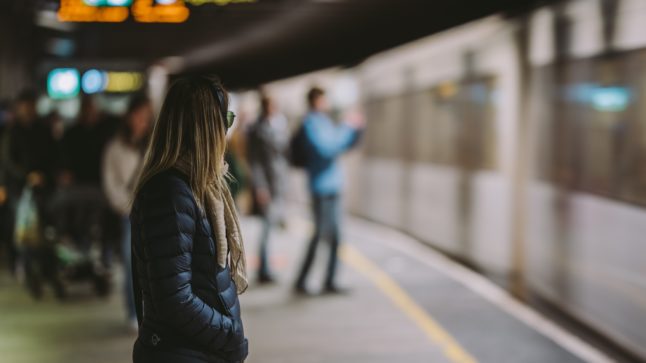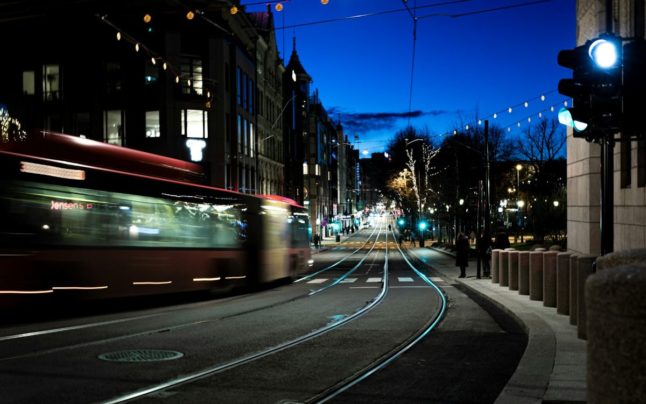The study looked at a range of data across metro systems in Europe and North America; from accessibility, cleanliness, air quality to traveller satisfaction.
Boston’s subway came out on top overall, while Oslo’s metro came first across Europe, followed by London’s tube and Berlin’s U-Bahn.
Oslo’s air cleanliness whilst travelling was ranked highest overall, with an air quality index of 4, compared to the study’s average of 41.
The air quality report was collected from IQAir, and looked at the average air quality, including airborne particulate matter (PM2.5 and PM10).
Cleanliness whilst travelling was also stand out point for Oslo’s metro system with the third best rate across Europe and North America.
Customer satisfaction was also high in Oslo, with 52 percent of online reviews for the metro being five star.
At the end of May, parts of Oslo’s metro will close for around two weeks, with bus replacement services scheduled.
Between May 26th and June 6th, parts of the number two, three and four T-bane lines will close and be replaced with a bus replacement service.
The closures are due to Sporveien wishing to carry out work on tunnels and bridges on the sections of the t-bane, which will be closed.



 Please whitelist us to continue reading.
Please whitelist us to continue reading.
Member comments